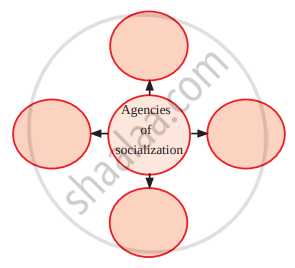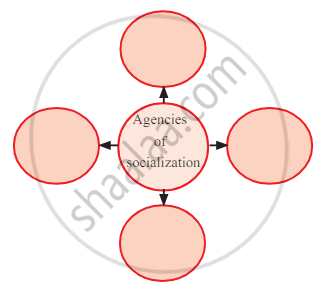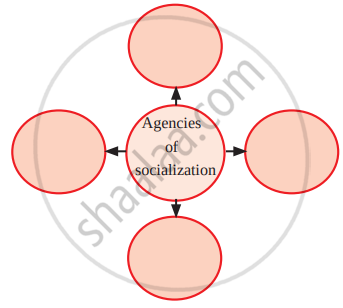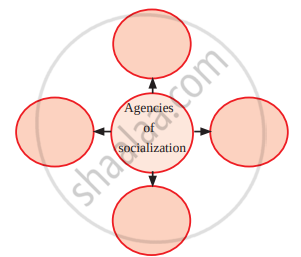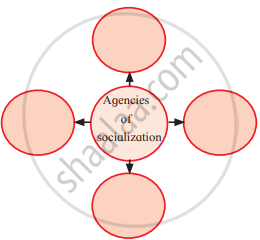Topics
Introduction of Sociology
Contribution of Western and Indian Sociologists
- Introduction to Western Sociologists
- Auguste Comte (1798-1857)
- Emile Durkheim (1858-1917)
- Karl Marx (1818-1883)
- Abdul Rahman Ibn-khaldun
- Harriet Martineau (1802 – 1876)
- Durkheims’ Theory of Suicide
- William Du Bois (1868 – 1963)
- Marxian Theory of ‘Class Conflict’
- Introduction to Indian Sociologists
- Dr. G. S. Ghurye (1893-1983)
- Dr. M. N. Srinivas (1916-1999)
- Dr. Iravati Karve (1905-1970)
Basic Concepts in Sociology
- Introduction of Society
- Definition of Society
- Characteristics of Society
- Introduction of Community
- Definition of Community
- Elements of Community
- Introduction of Social Group
- Definition of Social Group
- Characteristics of Social Group
- Types of Social Group
- Concept of Social Status
- Types of Social Status
- Concept of Social Role
- Social Role Related Concept
- Concept of Social Norms
- Types of Social Norms
Social Institutions
- Concept of Social Institutions
- Characteristics of Social Institutions
- Concept of Family
- Functions of Family
- Forms of Family
- Twenty-first Century Families
- Concept of Marriage
- Forms of Marriage
- Family, Marriage and Kinship
- Economy and Work
- Concept of Education
- Types of Education
- Importance of Education
- Education and Social Division
Culture
Socialization
Social Stratification
Social Change
Notes
Agencies of Socialization:
Family:
It has first access to the youngsters before formal schooling. Therefore they have a strong early influence on norms, morals and roles. Primary socialization takes place in infancy and childhood and involves intense cultural learning. During this phase, the family is the main agent of socialization. The child learns the language and other basic behavioural patterns in the family. Basic values, manners and attitudes foundational for future learning are transmitted by family.
School:
It primarily socializes in the following ways-
a). Emphasis the importance of being on time.
b). Teaches how to be docile.
c). Authority should be respected
d). Learn to follow directions.
Schooling and education are considered as secondary agencies. Schooling is secondary because it is a formal process. What we learn comes through a formal curriculum with specific subjects and skills. There is a possibility that in spite of the daily contact we may not develop a primary attachment to other members. Schooling involves learning values and norms at a step higher than those learnt in the family. Schools project a wider range of values and roles. Skills and values like teamwork, competitive spirit, discipline, conformity to authority are learnt in schools and this helps prepare students for the adult world
Peer Groups:
Being to have a powerful influence of socialization around the time of adolescence, when family influence weakens to establish a separate identity. Peer groups also use informal sanctions including positive sanctions like approving gestures or laughing at your jokes, and negative sanctions like disapproving looks, labelling or rejecting your company. The values we learn in a peer group may vary with age and circumstances, but we carry the value of friendship with us throughout our lives.
Mass-Media:
One of the significant forces of socialization in modern culture is mass media. Mass media has become an integral part of our day to day life. Mass media are the means for delivering impersonal communication directed to a vast audience.
